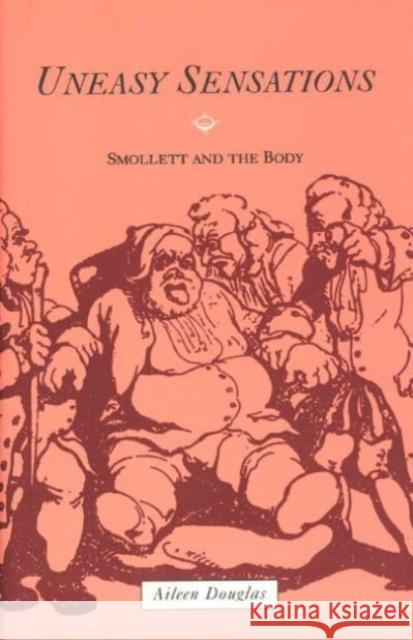Uneasy Sensations: Smollett and the Body » książka
Uneasy Sensations: Smollett and the Body
ISBN-13: 9780226160511 / Angielski / Twarda / 1995 / 232 str.
The eighteenth-century comic novelist Tobias Smollett has often been criticized for the extreme physicality of his writing, which is full of scatological images and graphic depictions of bodily injury and disintegration.
Aileen Douglas draws on feminist and other new theoretical perspectives to reassess Smollett's entire body of fiction as well as his classic "Travels through France and Italy." Like many writers of his time, Douglas argues, Smollett was interested in the body and in how accurately it reflects internal disposition. But Smollett's special contribution to the eighteenth-century novel is his emphasis on sentience, or the sensations of the physical body. Looking at such works as "The Adventures of Roderick Random," "The Expedition of Humphry Clinker," "The Adventures of Peregrine Pickle," and "The History and Adventures of an Atom," Douglas explores the ways Smollett uses representations of sentience especially torment and pain in his critique of the social and political order.
Trained in medicine, Smollett was especially alert to the ways in which the discourses of medicine, philosophy, and law construct (as we would put it now) the body as an object of knowledge, and yet his work always returns to the importance of the physical world of the body and its feelings. Smollett reminds us, as Douglas aptly puts it, that "if you prick a socially constructed body, it still bleeds.""











